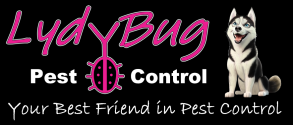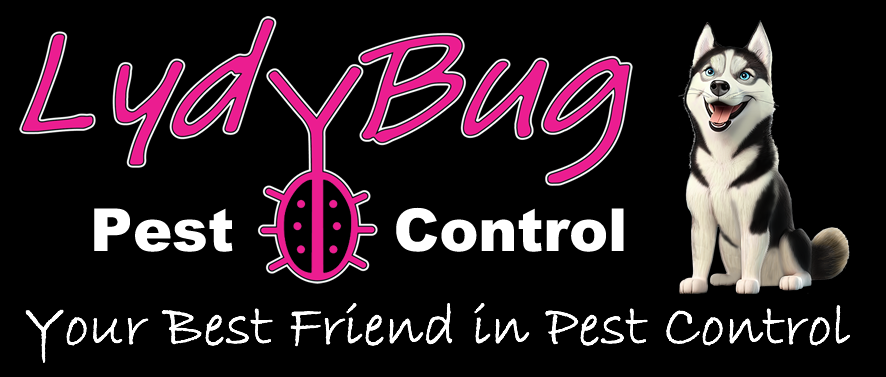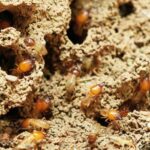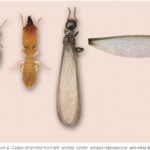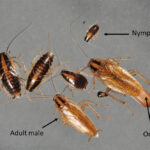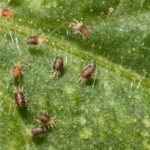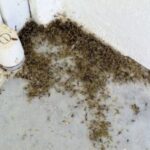Mosquitoes: these tiny, seemingly innocuous insects can cause a world of annoyance and even pose significant health risks. Found across almost every corner of the globe, mosquitoes are more than just a buzzing nuisance; they are carriers of various diseases, impacting human lives and ecosystems alike.

Understanding Mosquitoes
Mosquitoes belong to the family Culicidae and are known for their distinctive high-pitched buzz and itchy bites. With over 3,000 species identified worldwide, they vary in size, behavior, and preferred habitats. The females, in particular, are the ones that bite as they require blood to nourish their eggs.
Impact on Human Health
While a mosquito bite may seem trivial, these insects are notorious for transmitting diseases such as malaria, dengue fever, Zika virus, West Nile virus, and more. These illnesses affect millions of people globally, causing significant morbidity and mortality, particularly in regions where access to healthcare and preventive measures is limited.
Malaria, in particular, stands as one of the most widespread and deadly mosquito-borne diseases, with over 200 million cases reported annually. It remains a significant health concern in many tropical and subtropical regions.
Ecosystem Impact
Mosquitoes are not just a threat to human health but also play a role in ecosystem dynamics. They serve as a food source for various animals, including birds, fish, and other insects. However, their rapid proliferation and unchecked growth can disturb the balance of ecosystems, leading to adverse effects on biodiversity.
Prevention and Control
Given the potential risks associated with mosquitoes, effective preventive measures are crucial. Here are some strategies to mitigate mosquito populations and reduce the risk of mosquito-borne diseases:
- Eliminate Standing Water: Mosquitoes breed in stagnant water. Regularly emptying containers, cleaning gutters, and avoiding water accumulation can help minimize breeding sites.
- Use Mosquito Repellents: Applying insect repellents containing DEET, picaridin, or oil of lemon eucalyptus can deter mosquitoes from biting.
- Install Screens and Nets: Using screens on windows and doors and sleeping under mosquito nets can provide physical barriers to prevent mosquito entry.
- Environmental Control: Employing environmentally friendly methods like introducing mosquito-eating fish into water sources or using biological control agents can help manage mosquito populations.
- Community Efforts: Engaging in community-wide mosquito control programs, including insecticide spraying and education campaigns, can significantly reduce mosquito-borne diseases.
Conclusion
Despite their small size, mosquitoes wield a significant impact on both human health and the environment. Understanding their behavior, implementing preventive measures, and investing in research for innovative control methods are crucial in combating the threats posed by these tiny yet formidable insects. By taking concerted efforts at individual, community, and global levels, we can strive towards reducing the risks associated with mosquito-borne diseases and fostering healthier, safer environments for all.
Remember, in the battle against mosquitoes, knowledge and proactive measures are key.
At LydyBug Pest Control, we provide a mosquito service that will help you and your family reclaim your yard! Call/text/email us today for a quote and to learn more than you’d ever want to know about mosquitos!
